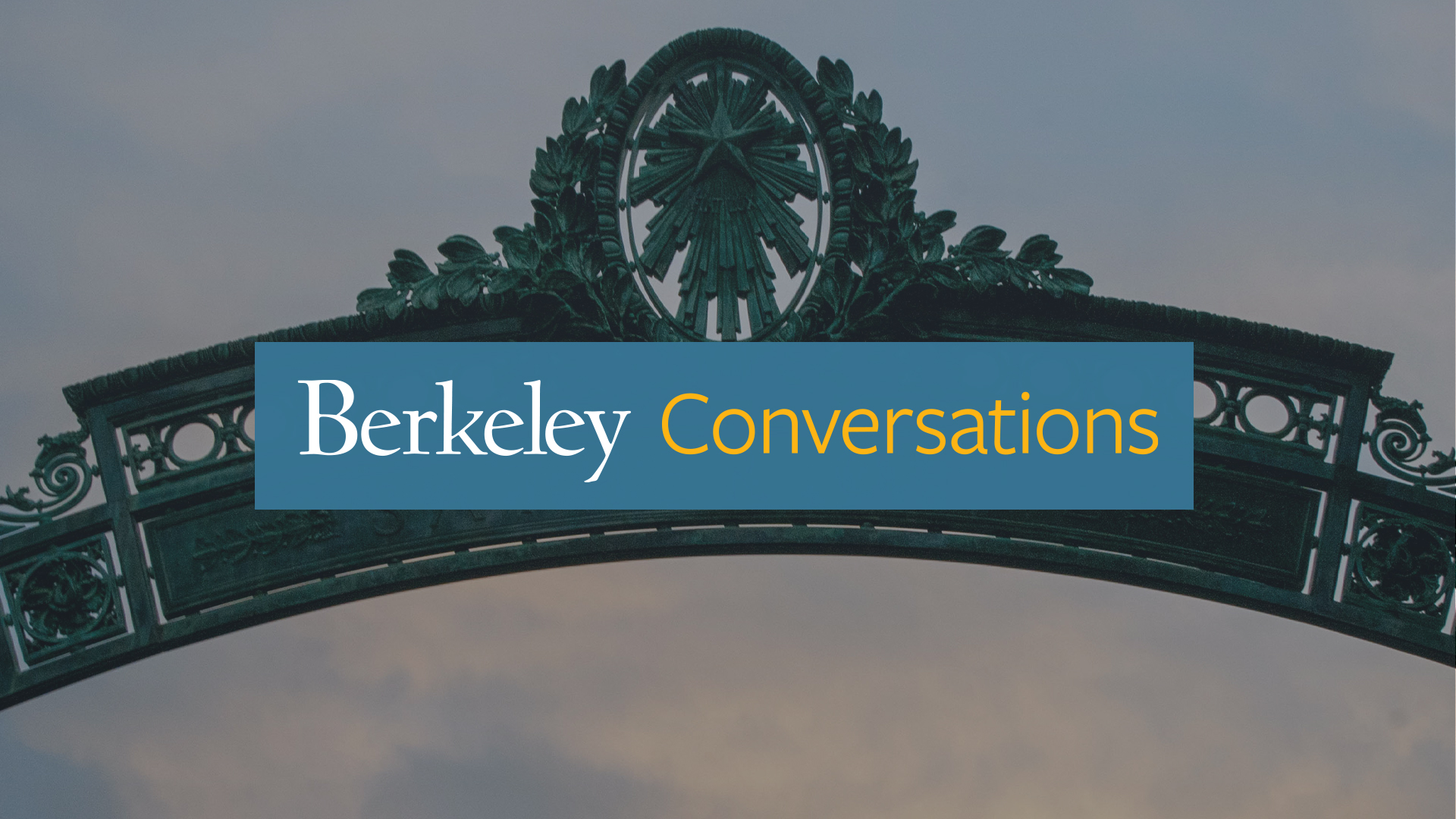With the COVID-19 pandemic and racial unrest surging across America, five Berkeley Law professors on Monday described how race could profoundly impact the upcoming U.S. presidential election.
“Expect anything, but expect that race will be a key factor in what that anything is,” Taeku Lee, professor of law and political science, said during “Race, Voting, and Elections,” a livestreamed Berkeley Conversations event moderated by Berkeley Law Dean Erwin Chemerinsky.
Lee said the notion of whoever loses the election not conceding is entirely plausible. If President Donald Trump wins, he said, myriad racially driven voter suppression tactics could prompt Democrats to contest the outcome. Current polls showing Joseph Biden ahead already has Trump sounding an alarm about the threat of undocumented immigrants casting ballots and other alleged voting irregularities, Lee noted.
“The litmus test for the stability of democracy is when democracy is the only game in town, and no one can imagine acting outside democracy,” Lee said. “It’s unclear to me, in 2020, that the losers … will wait four years and try again within the same institutions.”
Bertrall Ross, professor of law, said he expects state election officials to use the pandemic to justify limiting the number of polling stations in minority neighborhoods, as many poll workers are elderly, more susceptible to COVID-19 and thus less likely to volunteer.
“In many states, a poll watcher can also challenge a voter’s qualifications,” he said. “The effect is to delay voting, make lines slow moving and lead to voter attrition.”
Law professor Ian Haney López, author of the book Dog Whistle Politics, described how the civil rights movement prompted right-wing conservatives to animate white voters and disenfranchise voters of color. He said that while Trump uses messaging similar to what Richard Nixon’s campaign successfully used in 1968, skyrocketing economic inequality now makes such tactics less reliable.
“In 1968, there was a cultural common sense of white superiority,” López said. “Being lighter (skinned) was an enormous advantage, in terms of access to schools, neighborhoods, unions, board rooms … Now, the wages of being lighter have fallen dramatically.”
Kathyrn Abrams, professor of law, discussed efforts to increase Latinx registration and turnout, noting recent takeaways from Arizona (largely in response to rigid immigration laws) that showed the effectiveness of specific-issue appeals and face-to-face canvassing.
“It galvanized a movement,” she said. “The community had been neglected by candidates for generations … but Latino turnout increased from 32% in 2014 to 49% in 2018.”
Examining lessons from the 1965 Voting Rights Act, law professor Abhay Aneja pointed out that roughly half of U.S. states have adopted some form of voting restriction over the past decade.
“Minority communities are facing particularly severe health risks due to the current COVID crisis, and the Black-white income gap is at roughly the same place as it was in 1960, before the civil rights revolution,” he said. “Both history and the data tell us that minority democratic participation will be key to ensuring these types of challenges are addressed.”
